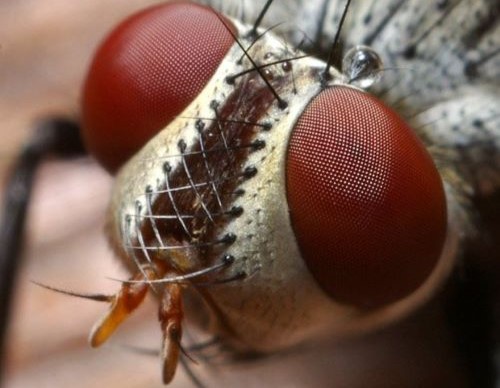How To Prevent
Flies can be a nuisance pest for homes and businesses. A fly infestation could pose a serious health risk as flies are known to spread a range of diseases, like Salmonella and E.coli. If you want to deter flies, there are some practical steps you can take. Some of these methods are totally cost-free and only require your time to action. Recommended steps involve making changes indoors and outdoors to cover all potential hot spots and ensure effective fly control.

Do you think you have flies?
Don't waste time, book a treatment now with one of our experts
Minimising fly infestation tips
- Deny flies access - keep windows and doors closed.
- Flyscreens - fit flyscreens to windows especially around kitchen and waste areas.
- Cover food - flies spread diseases by landing on food before we eat it.
- Clear away - clear food debris and liquid spillages from food consumption and preparation areas, under kitchen benches and appliances.
- Dustbins / Compost bins - ensure all waste containers have tightly sealed lids.
- Floormats - ensure that build-up of grease is thoroughly cleaned every month.
- Clear up dead flies - clean up after pets. Not only are faeces a perfect breeding place for flies, they may land there before landing on your food.
- Water storage - they provide a tasty snack for other pests such as carpet beetles.
- Standing water - cover these with well fitted lids.
- Ponds - do not leave standing water (in watering cans and pot plants for example) as this offers mosquitoes opportunity to breed.
- Drains - if you have a garden pond, introduce goldfish as they will eat mosquito larvae.
FACTS: Common house flies are attracted to decaying organic waste such as faeces and rotting meat, whereas fruit flies will look for sugary substances and feed more commonly on overripe fruit, spilled soft drinks and alcohol.

